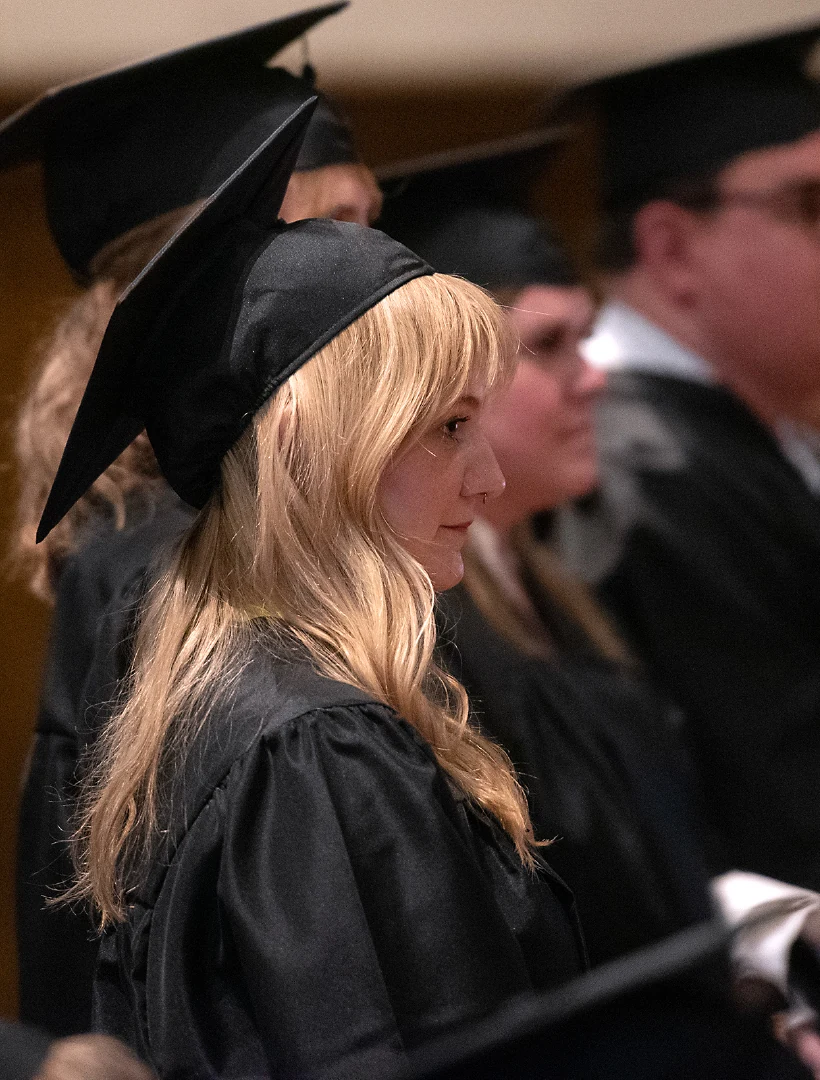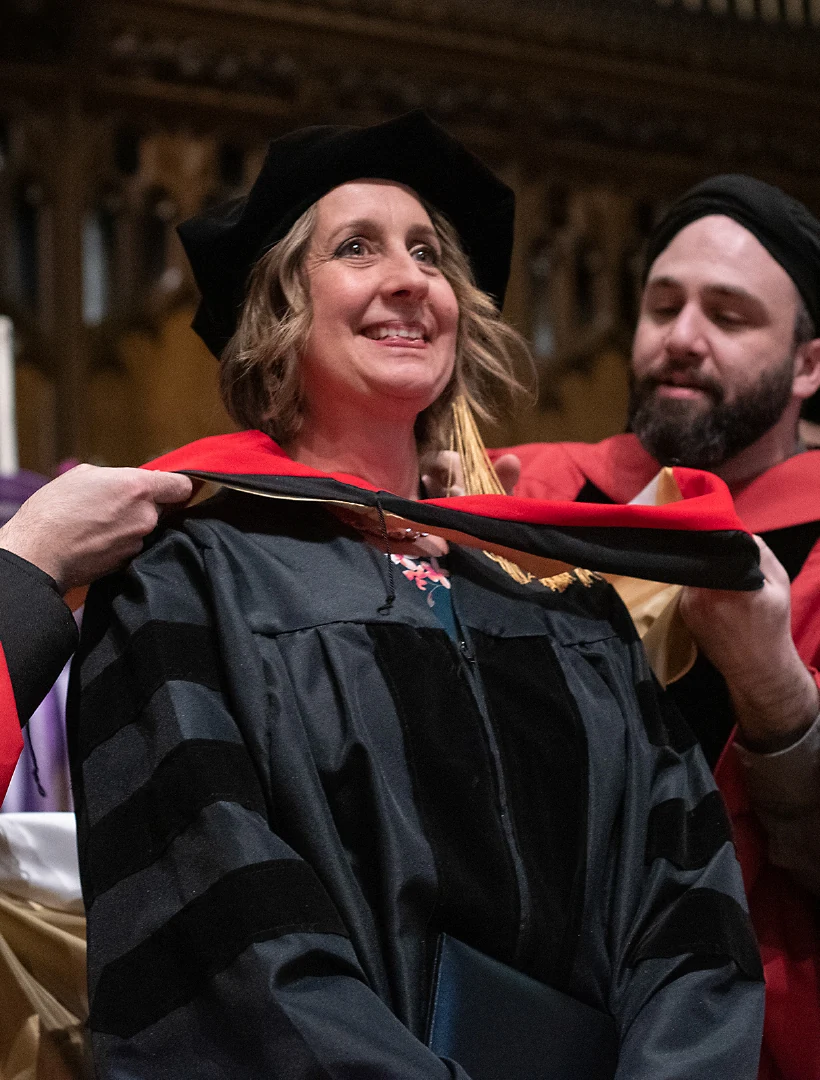Moral imagination is in short supply today, and faith communities and varied forms of public service cannot do their work without ethical and spiritual leaders to guide them.
Many have lost their vision of a more just society and retreat to purely personal concerns rather than confronting the disparities that arise out of race, gender, and economics. That’s why now, more than ever, we need the next generation of creative and compassionate leaders to answer the call.
We need progressive theologians who are empowered to challenge the status quo and reimagine the significance of religious identity. And we need agents of change who are willing to take their witness into the public square.
Meet the Team






Why United?
With a progressive ethos, a welcoming culture, and an activist spirit, United Theological Seminary will challenge, nurture, and prepare you to be the innovative and compassionate leader the world needs you to be.
See it.
Believe it.
We could keep telling you all the reasons why United is the right fit for you—but we’d rather have you experience it for yourself. Take a guided tour of our campus. Interact with our faculty and students. Sit in on a class that interests you. Whatever you need, know that our doors, our arms, and our hearts are always open.
Admissions Requirements
At United Theological Seminary of the Twin Cities, there are NO LIMITS to admission based on religious affiliation, age, race, ethnic or national origin, sex, sexual orientation, gender, gender expression, or physical abilities and conditions.

To apply, all Master of Arts (MA), Master of Arts in Leadership (MAL), Master of Arts in Ministry (MAM), and Master of Divinity (MDiv) applicants must meet the following requirements:
The applicant is a graduate of a regionally accredited undergraduate institution with a B.A. or B.S. degree.
The applicant’s grade point average (GPA) for the BA or BS degree is at least 2.75 on a scale where an A = 4.00.
The applicant demonstrates strong analytical and reflective thinking and writing skills.
The applicant’s vocational and academic goals are compatible with the mission, vision, and values of United.

In addition, Doctor of Ministry (DMin) applicants must also meet the following requirements:
The applicant has received an ATS-accredited MDiv degree or equivalent.
The applicant’s GPA for the MDiv degree is at least 3.0 on a 4.0 scale.
The applicant has significant ministerial experience that enables them to engage as a ministry peer with other students in the DMin program.

Applicants
In addition, international applicants must submit two additional materials for consideration:
A letter of financial support, indicating how the applicant’s program will be funded.
Evidence of adequate knowledge of the English language (e.g. official TOEFL scores).

Tuition Costs
At United, we believe it’s important for students to have access to higher education that can equip them to be innovative and compassionate leaders both in traditional ministry and non-traditional divinity contexts. That’s why it’s our goal to make tuition costs as affordable as possible for everyone.

Financial Aid &
Scholarships
Getting your education funded doesn’t have to be stressful. United’s financial aid office is here to help you navigate your options and put together a financial package that works for you–all while minimizing your student debt.

Now Take the Next Step
Wherever you’re at in your academic journey, we’re here to help guide you forward.



